‘Zit stickers’ can help heal a new or popped pimple, but they’re limited when it comes to managing acne
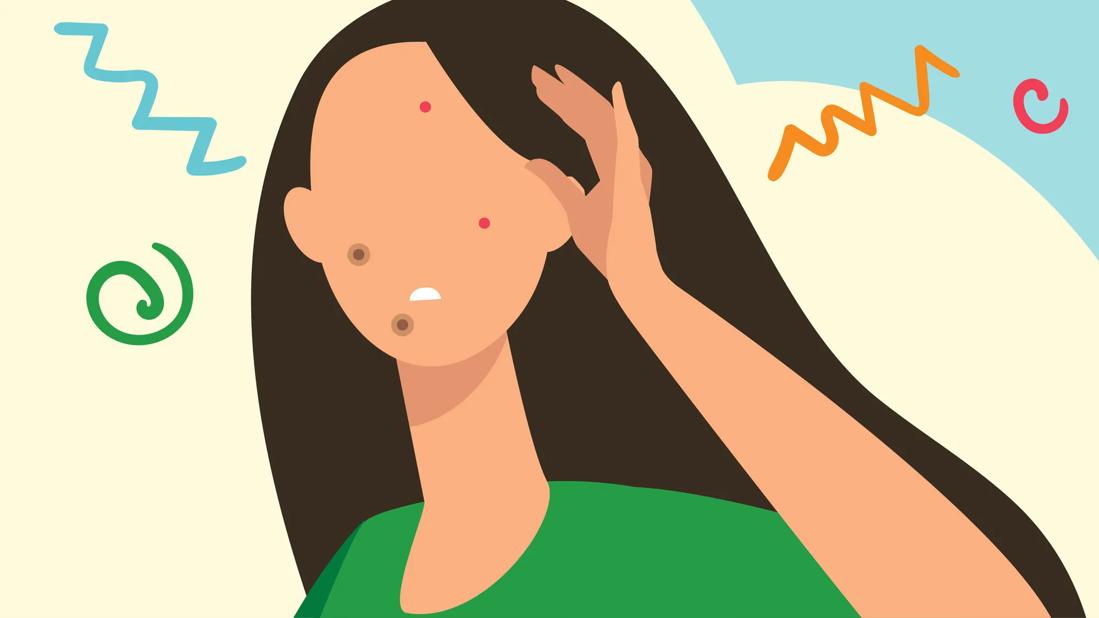
Pimples shouldn’t be popped. But let’s be realistic here: It can be really tough to keep your hands off what looks like a ready-to-explode zit.
Advertisement
Cleveland Clinic is a non-profit academic medical center. Advertising on our site helps support our mission. We do not endorse non-Cleveland Clinic products or services. Policy
Enter pimple patches, which may help minimize pimples or heal the open-and-oozing wound you just created.
Dermatologist Amy Kassouf, MD, explains what these over-the-counter spot treatments can (and can’t) do.
Pimple patches are small stickers made with a slightly gummy wound-healing gel called hydrocolloid. They’re designed to shrink pimples and help your skin mend a bit faster if you’ve clawed at it.
“Ideally, of course, you don’t pick at your skin or pop zits,” says Dr. Kassouf. “But if you’ve already gone down that road, a pimple patch may help your skin recover and minimize damage.”
Pimple stickers entered the market a little more than a decade ago. They evolved out of hydrocolloid wound patches that emerged during the 1970s as doctors began trying more moisture-based healing techniques.
Pimple patches are most effective when placed over open-and-oozing zits, though there’s some evidence they can reduce the size and redness of closed pimples, too. The stickers serve two main functions:
“Pimple patches are really just wound healing dressings for a very specific type of lesion,” explains Dr. Kassouf. “They’re spot treatments that can be helpful IF you have a certain type of pimple that has opened.”
Advertisement
That would include:
As you might imagine, “zit stickers” aren’t exactly a complicated product to use. It’s always best to read and follow the instructions on your specific product, but here are some general guidelines.
Though pimple patches can sometimes be effective on zits here and there, they’re limited in the broader context of acne management.
“For overall acne treatment, there is little use for pimple patches,” emphasizes Dr. Kassouf. “They cannot prevent acne from coming, nor can they clear clogged pores or other precursors to acne flares.”
Remember, too, that zit stickers don’t work as well on closed pimples. They also don’t offer much help when it comes to eliminating blackheads, those clogged pores that look like a speck of dirt on your skin, or deeper whiteheads.
If you have sensitive skin, you may want to steer clear of pimple patches. Some brands use ingredients such as salicylic acid or tea tree oil to dry out pimples, which may irritate an already irritated area.
“They also use a bit of adhesive to stick to your skin,” notes Dr. Kassouf. “So, if you’re allergic or sensitive to adhesive, this may aggravate the skin surrounding the lesion, too.”
Ideally, you won’t need pimple patches because you simply don’t have pimples. Dr. Kassouf recommends these products to help keep your skin clean and healthy and prevent pimples from forming.
Advertisement
Now, if a massive pimple appears despite your best efforts (and at the worst possible time), know that you have alternatives other than a pop-and-patch approach. Talk to your dermatologist about quick-turnaround options, like cortisone and antibiotic injections.
Advertisement
Learn more about our editorial process.
Advertisement

It’s best to avoid picking at zits, which can damage your skin (though there are ways to minimize the risk)

This medication only works well for short periods of time and when paired with other treatments

Try exfoliating and using salicylic acid to treat this pesky skin care issue

Wear light, breathable clothing, shower after you exercise and change your sheets regularly
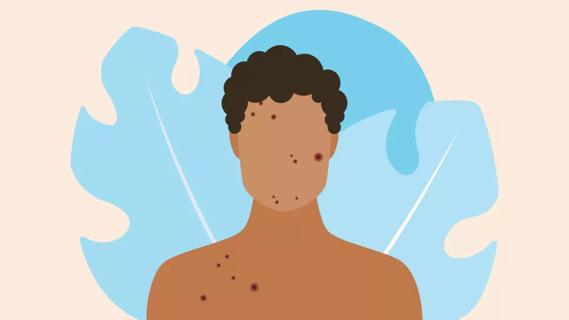
As you age, hormones can continue to play a big role in breakouts
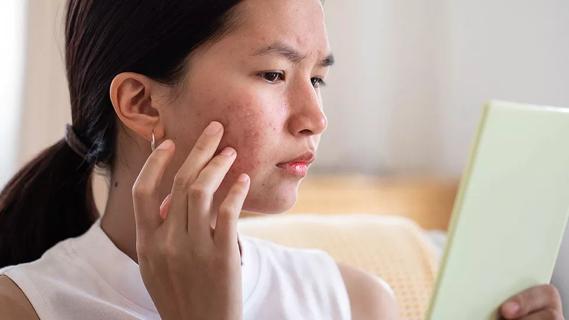
Some remedies might help banish breakouts, but others are best avoided
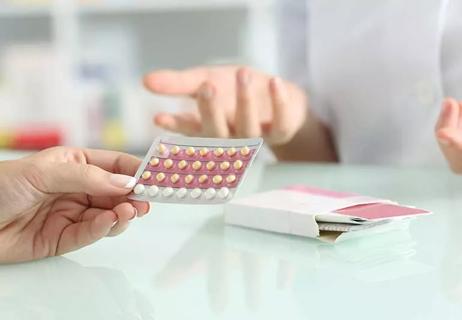
Birth control pills with estrogen are best for fighting hormonal acne
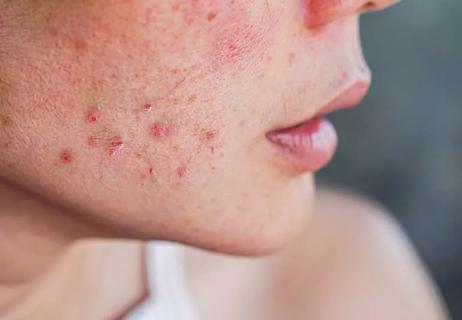
Hormone fluctuations impact oil and sebum production, creating painful, tender pimples

Wearing a scarf, adjusting your outdoor activities and following your asthma treatment plan can help limit breathing problems

Your diet in the weeks, days and hours ahead of your race can power you to the finish line

When someone guilt trips you, they’re using emotionally manipulative behavior to try to get you to act a certain way